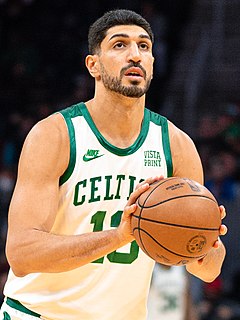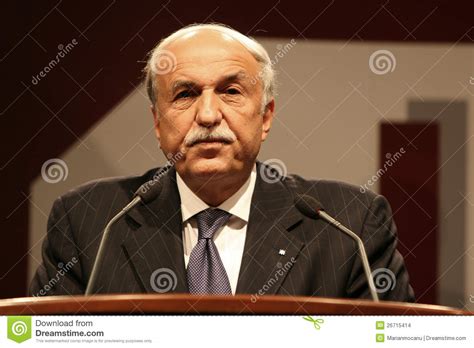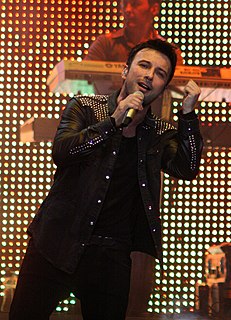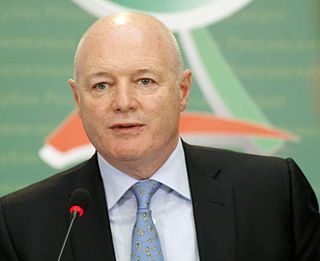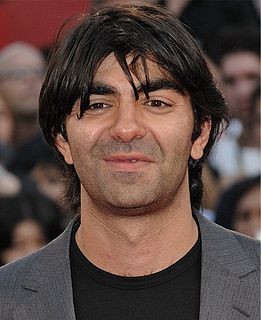A Quote by Ehud Olmert
In Israel, we are sorry for the loss of life of Turkish citizens in May 2010, when Israel confronted a provocative flotilla of ships bound for Gaza. I am sure that the proper way to express these sentiments to the Turkish government and the Turkish people can be found.
Related Quotes
We can't discount how scary and shaken not just the Turkish government is, but Turkish society is. Imagine if you had some rump group of military officials here in the United States who started flying off with F-16s or other artillery and were taking shots at government buildings, and people were killed and injured. People would be scared and rightfully so.
He [Erdogan] has crept up to the edge talking about mistakes by pilots. But he also knows that with leaders like himself and Vladimir Putin, apologies may not be the answer. Just look at Israel. Prime Minister Netanyahu apologized years ago to Erdogan over this incident off the coast of Gaza in which Turkish people died onboard an aid ship. And only just now is that relationship at least in talks to be improved.
Most Turkish Kurds want a quiet life and improved economic conditions. But the Kurdish regions of Turkey are mountainous; they're ill-favored climatically; they're poor; and there's a limit to what the government can do there without wasting a lot of resources. Developing the south east may mean decamping a large part of its population. But the thing that will improve the lot of the Kurds more than anything else will be the stabilization of Iraq in the first place, because then the Turkish southeast stops being a dead end. It can become a bridge, with trade flowing in both directions.
I was born into a Turkish family that had acquired Italian citizenship. Many members of the family subsequently became British, French, Brazilian, and German, so there was a bit of everything. It was not uncommon for people in the family to speak seven languages: English, French, Ladino, Italian, Turkish, Arabic, and even Greek.
By very conservative estimates, Turkish repression of Kurds in the 1990s falls in the category of Kosovo. It peaked in the early 1990s; one index is the flight of more than a million Kurds from the countryside to the unofficial Kurdish capital, Diyarbakir, from 1990 to 1994, as the Turkish army was devastating the countryside.
In recent years the military has gradually been eased out of political life in Turkey. The military budget is now subject to much more parliamentary scrutiny than before. The National Security Council, through which the military used to exercise influence over the government is now a purely consultative body. But Turkish society still sees the military as the guarantor of law and order. The army is trusted, held in high regard - though not by dissident liberals. When things go wrong, people expect the military to intervene, as they've intervened over and over again in Turkish history.


